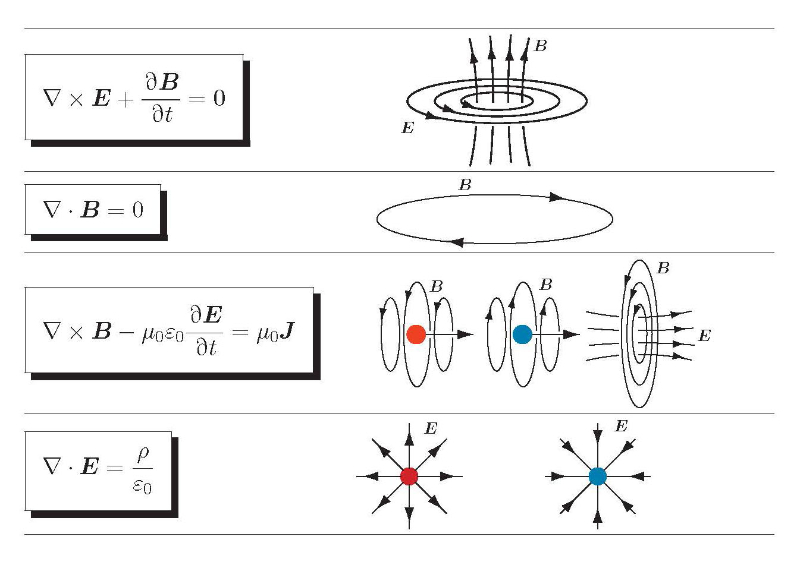May include
- design of measurment setup
- programming of measurement equipment and analysis of measurement data
- literature review and summary of a specific research area
- building a demonstrator or equivalent
- publish and present a paper at a scientific conference or in a journal
